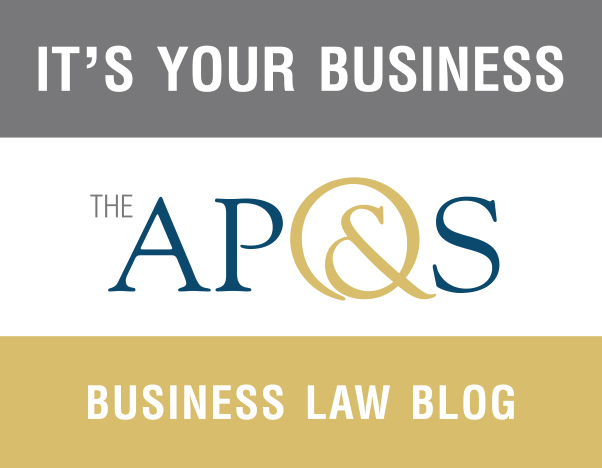Rhode Island employers can expect to see bills introduced in the 2018 session of the General Assembly that address the “#MeToo” initiative, which has renewed public discourse regarding sexual harassment in the workplace. However, employers should be aware that since 1997, Rhode Island law has required all employers to promote a workplace free of sexual harassment and has also required employers with 50 or more employees to have a sexual harassment policy. The policy must state that sexual harassment is unlawful and that retaliating against an employee for reporting sexual harassment or for cooperating in an investigation of alleged sexual harassment is unlawful. The policy must provide examples of sexual harassment, describe the range of consequences for employees who engage in sexual harassment, and describe the process for reporting complaints of sexual harassment to company management and federal and state anti-discrimination agencies. The same statute “encourages” employers to provide sexual harassment education and training to new employees within the first year of employment and to conduct additional training for supervisory and managerial employees. Employers are also required by law to provide copies of their sexual harassment policies to employees upon request, to maintain those policies, and to make them available upon request to a state or federal agency.
The current sexual harassment statute defines sexual harassment to be of two types. One is the “quid pro quo” type, which means unwelcome sexual advances, requests for sexual favors, “or any other verbal or physical conduct of a sexual nature” when employment is conditioned, either explicitly or implicitly, on submission. The other type is conduct, advances, or requests that unreasonably interfere with an employee’s work performance or create an intimidating, hostile, or offensive work environment.
Best practices dictate that all employers, and not just those with 50 or more employees, have a workplace sexual harassment policy. When a sexual harassment claim is filed with the Rhode Island Commission for Human Rights, an employer can best defend if the employer has adopted a policy that complies with the state law, has followed that policy in responding to any reports of sexual harassment in the workplace, and has a record of having distributed the policy to employees to ensure that they have a “road map” to relief from workplace harassment.
The principles underlying the “#MeToo” movement are not new; indeed, they have long been codified in federal and state law. However, the “#MeToo” movement has highlighted that employers must heed these principles and comply with the law.
Employers have an obligation to ensure that their workplaces are free of sexual harassment. Failure to do so risks costly litigation, as well as collateral workplace damage that includes costly absenteeism, low morale, reduced productivity, and increased employee turnover. Therefore, it is imperative that every employer get its workplace policies, including its sexual harassment policy, in order.




